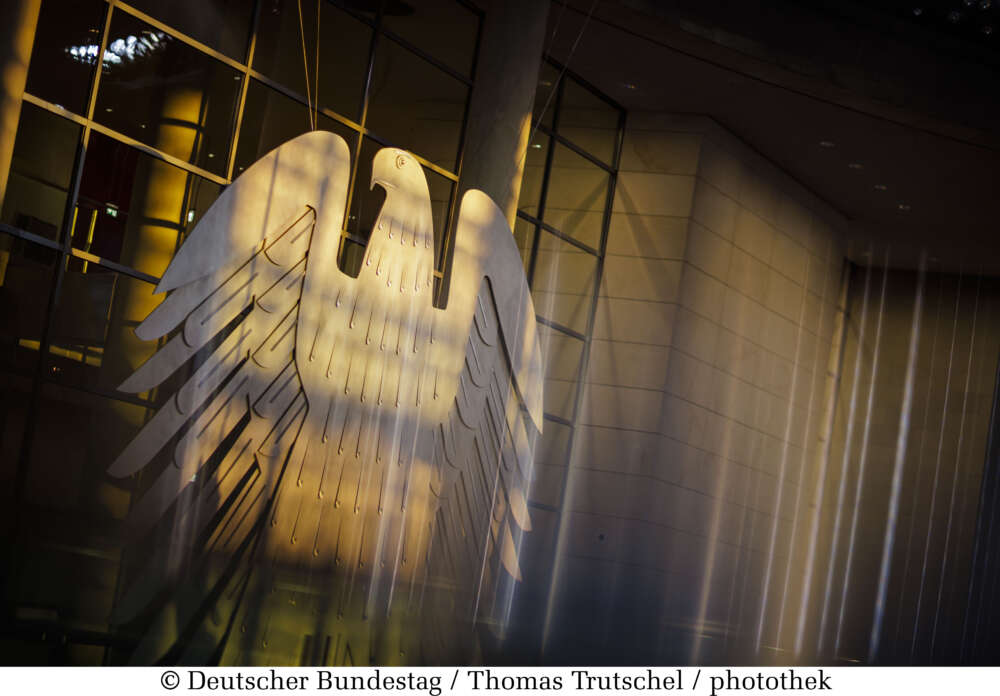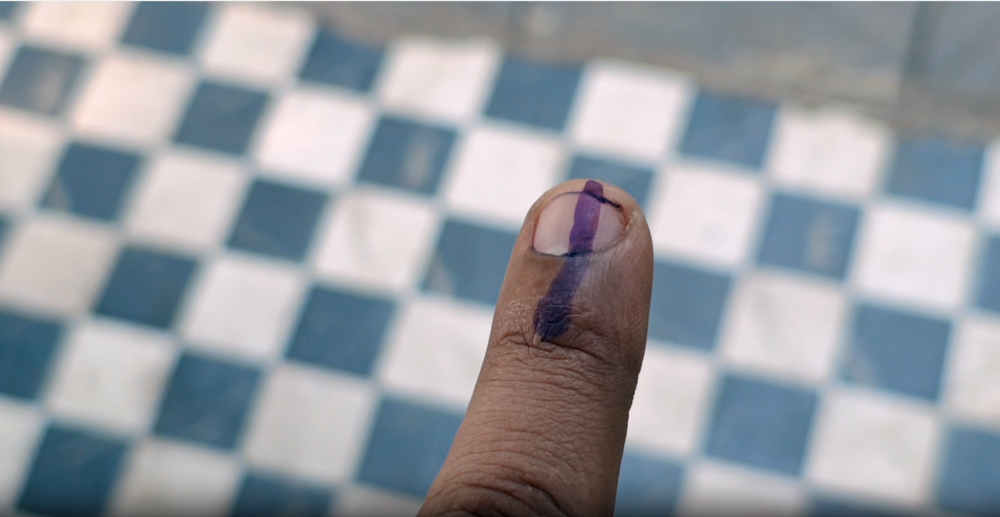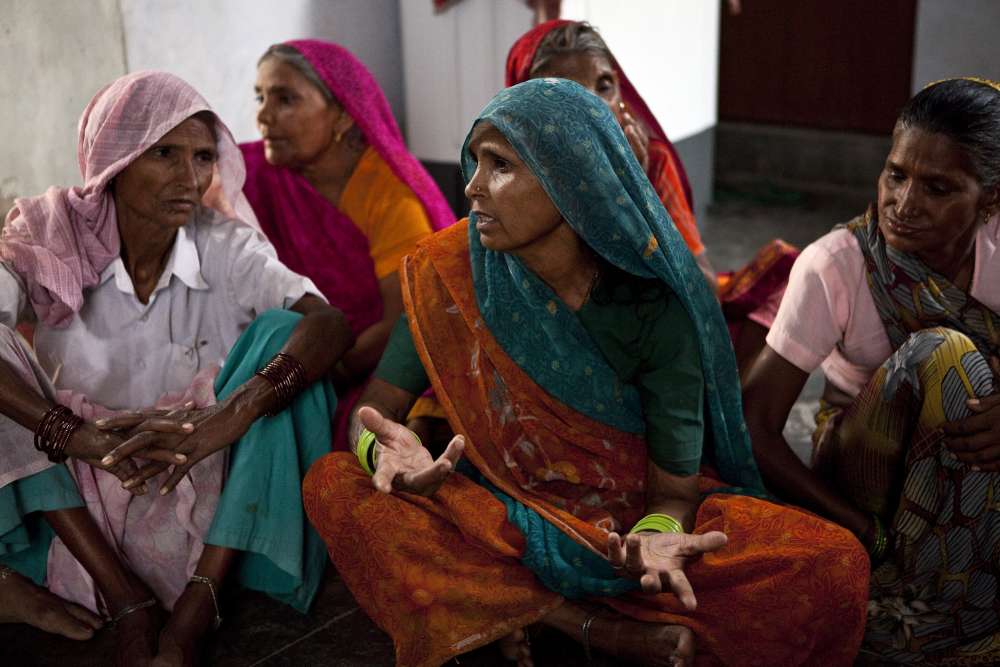Risky Business: Rethinking Research Cooperation and Exchange with Non-Democracies
Strategies for Foundations, Universities, Civil Society Organizations, and Think Tanks

Stiftung Mercator
For a quarter of a century after the end of the Cold War, Europe, the US and the West as a whole saw themselves clearly on the right – and winning – side of history. The dominant assumption of the early 1990s was that the model of liberal democracy, market economy and open society was now without challenge and would thus continue to spread around the world. The remaining non-democracies, so the principal expectation, were all on an inevitable path toward democracy and a free market economy. The economic and normative pull of the ‘Western model’ would prove irresistible.
One way to speed up that process of opening was through cooperation between universities, think tanks, foundations, and civil society organizations (CSOs) in the West and their counterparts in authoritarian contexts like China, the Middle East or the countries of the former Soviet Union. The assumption was that such cooperation would strengthen like-minded actors in these settings, who were already pushing for their countries to become more open. “Democratic change through engagement” was the basic theory of change underpinning these efforts.
It is not surprising, then, that most actors from open societies approached their efforts to engage with partners in non-democracies during most of the post-Cold War era with great optimism and confidence. Very few expressed concerns about the potential risks of such cooperation, and even fewer considered the necessary safeguards against possible risks. After all, partners in non-democracies were expected to eventually adapt the core values of open societies. That counterparts representing the state apparatus and related institutions in non-democracies might actually pursue their very own agendas – agendas not aligned with these values – seemed a far-fetched or at least irrelevant prospect to most.
Today, it is clear that these assumptions were overly optimistic. In fact, in many cases – including China, Russia and Turkey – we are witnessing the opposite: consolidated or consolidating non-democracies. Research cooperation, dialogue and exchange programs need to come to terms with these developments. By extension, universities, think tanks, foundations, and other CSOs need to revisit and recalibrate the underlying assumptions on which they operate. And they must also take into account the fact that representatives of non-democracies self-confidently pursue their own goals in cooperation and exchange.
At the moment, there are two dominant schools of thought on the failure of the “democratic change through engagement” paradigm: a radical cutting of ties and business as usual. Both are extreme and ultimately self-defeating strategies. The former deprive liberal democracies of important channels of cooperation that still serve important goals irrespective of whether or not non-democratic societies become more open. The latter recklessly exacerbates the risks that are inherent in cooperating with non-democracies and thus only hands more ammunition to those seeking to cut ties with non-democracies altogether.
More importantly, there is a different way. Even as the old presumed certainties of cooperation with non-democracies have evaporated, there are still many worthy goals that research cooperation, dialogue and exchange programs can and should pursue. But this requires that actors in liberal democracies rethink and reaffirm their goals, values, red lines, risks, and strategies for research cooperation and dialogue programs with counterparts in non-democracies.
This study seeks to make a contribution to this process of rethinking by helping to foster a broader public debate on this issue. We discuss the importance of values and red lines as well as the potential risks of research cooperation, dialogue and exchange programs with non-democracies. In addition, we outline a host of recommendations and strategies that can help universities, foundations, think tanks, and NGOs improve their risk management while not losing sight of the goals that guide their cooperation activities.
The full study will be available for download.
Research for this publication was generously supported by Stiftung Mercator.








